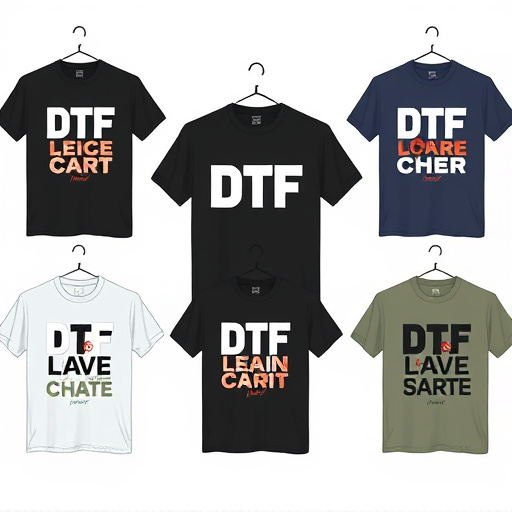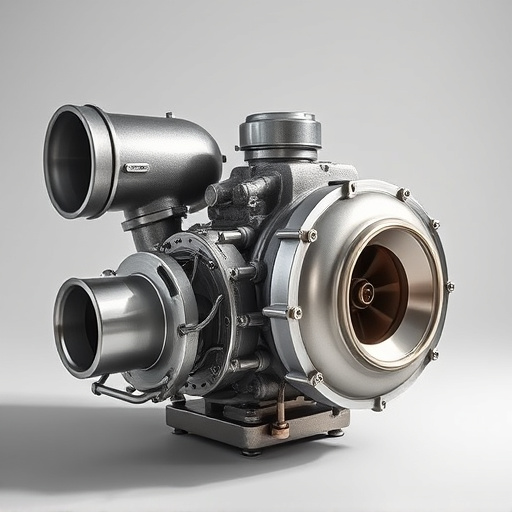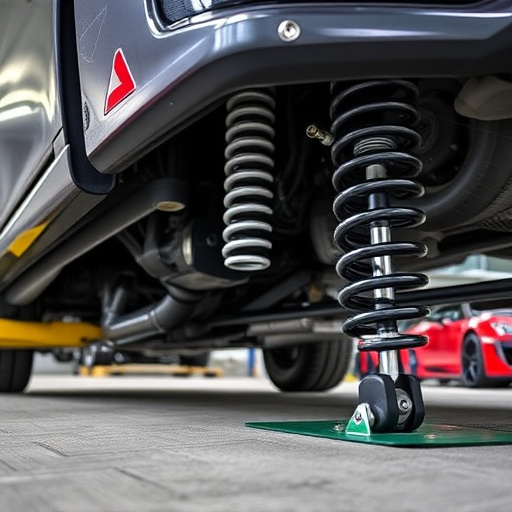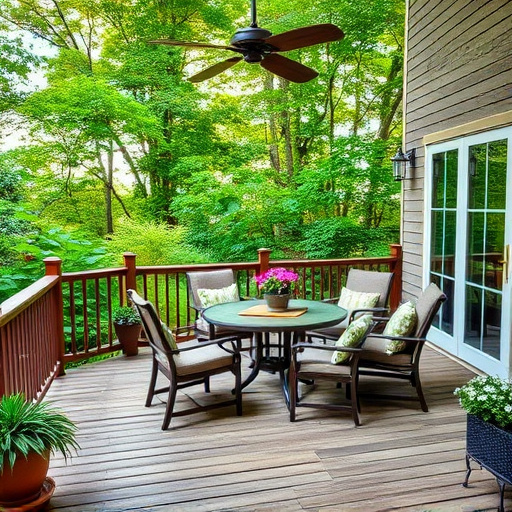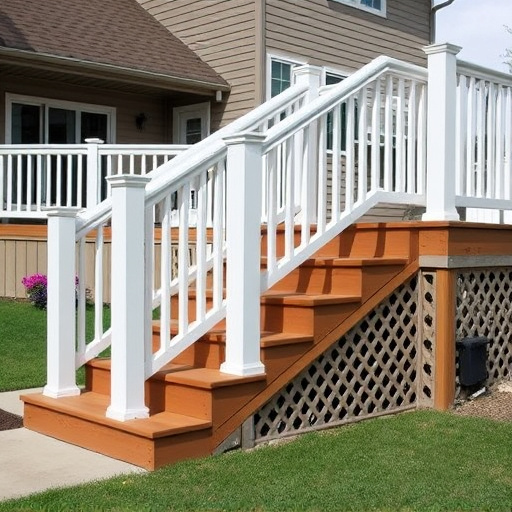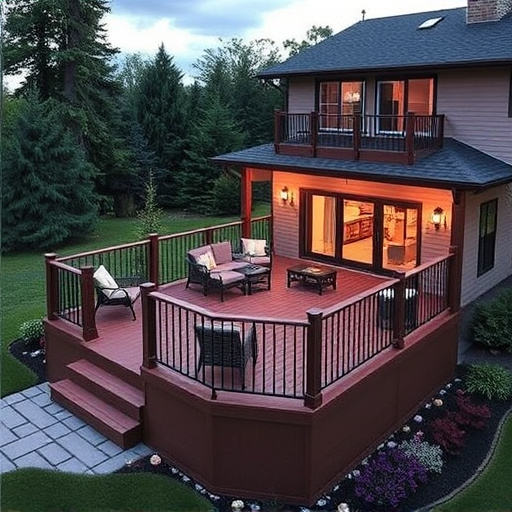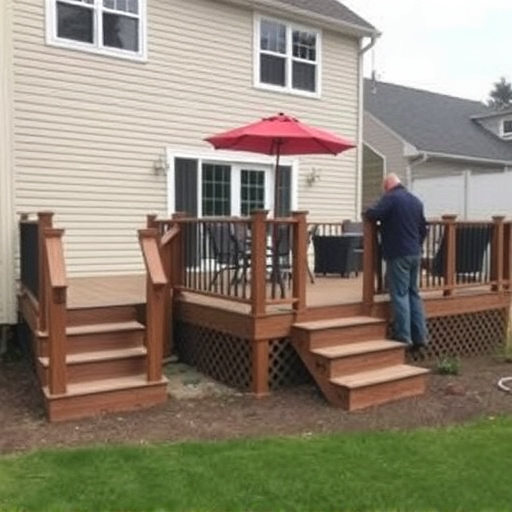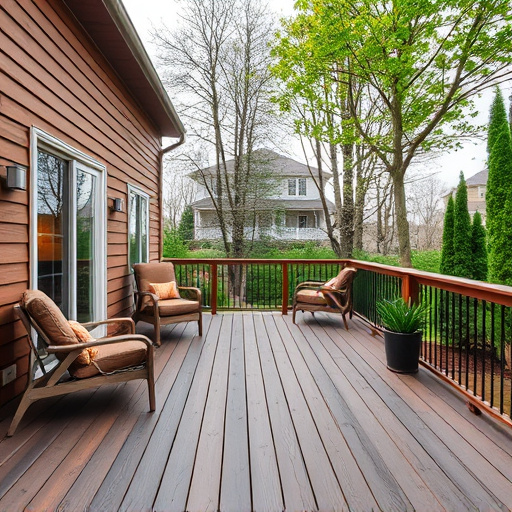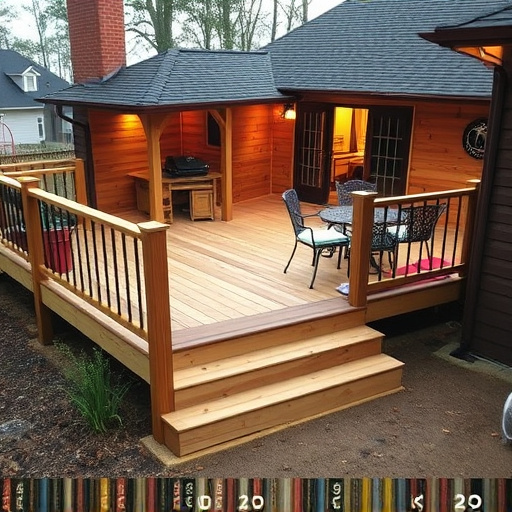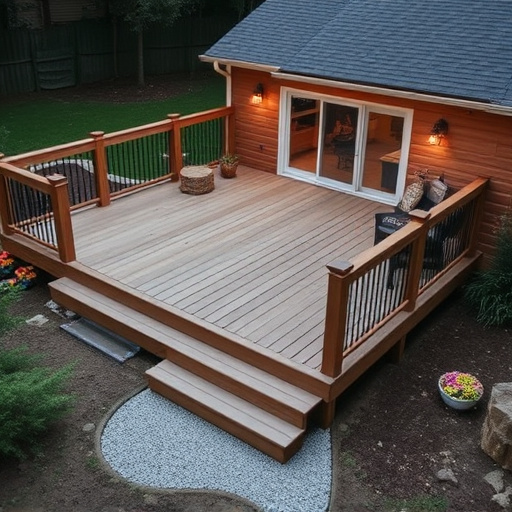Proper fastener selection is vital for deck framing, offering structural integrity and longevity, especially in diverse weather conditions. Professionals should consider decking material, span distance, expected loads, and environmental factors (like moisture) to choose fasteners like galvanized steel nails, screws, bolts, or lag screws, enhancing stability and future maintenance for both residential and commercial projects.
Securing deck framing joints is crucial for structural integrity and safety. This guide helps you navigate the process of choosing fasteners for your deck project. First, understand the essential deck framing requirements to ensure a sturdy base. Next, explore the various types of fasteners designed for secure connections. Finally, consider key factors like material compatibility, installation methods, and environmental conditions to make informed decisions that enhance your deck’s longevity.
- Understanding Deck Framing Requirements
- Types of Fasteners for Secure Joints
- Factors to Consider When Choosing Fasteners
Understanding Deck Framing Requirements
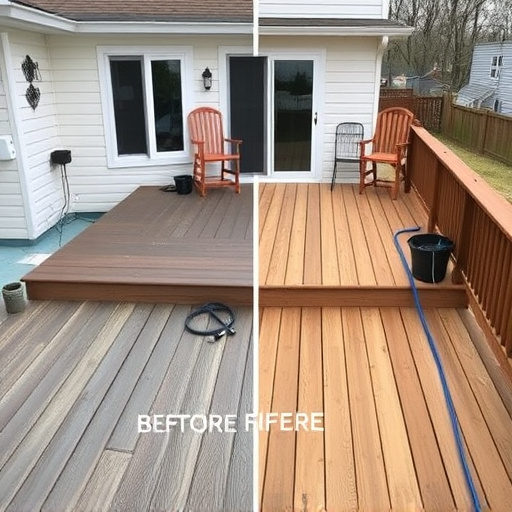
Deck framing requires careful consideration to ensure structural integrity and longevity, especially when it comes to selecting the right fasteners. Understanding the specific needs of your deck project is crucial before making a purchase. Factors such as the type of decking material, span distances, expected loads, and environmental conditions all play a significant role in determining the suitable fastening system. For example, a home exterior services provider might choose different fasteners for a wooden deck compared to a metal or composite one, considering the unique properties and requirements of each material.
When planning your deck framing joints, keep in mind that roofing and siding professionals often encounter complex designs and challenging conditions. The right fastener selection can streamline installation, enhance structural stability, and simplify future maintenance. Whether for residential or commercial roofing projects, understanding deck framing requirements is key to ensuring a robust and secure foundation for any outdoor living space.
Types of Fasteners for Secure Joints
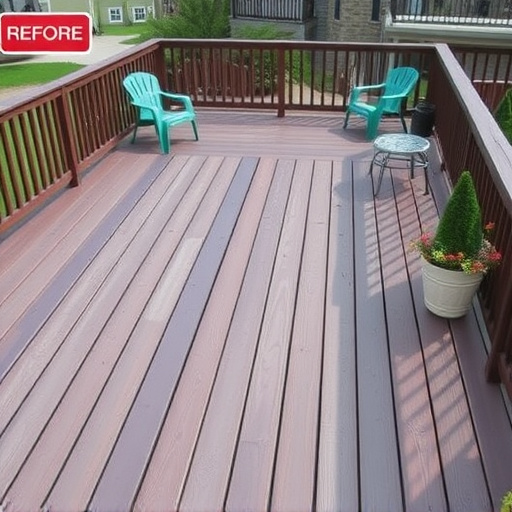
When it comes to deck framing, choosing the right fasteners is paramount for creating secure and durable joints. There are several types of fasteners available in the market designed specifically for this purpose, each with unique features catering to various application needs. For instance, galvanized steel nails and screws are popular choices due to their rust resistance, making them ideal for outdoor use. These fasteners offer a strong bond, ensuring the longevity of your deck structure, especially when faced with varying weather conditions, from torrential rains to scorching sun.
For more robust connections, consider using structural bolts or lag screws, particularly in commercial siding repairs or roof replacement projects. These heavy-duty fasteners are known for their exceptional strength and hold, capable of handling substantial weight and stress. Whether you’re working on a residential deck or a commercial building, selecting the appropriate fastener type will guarantee that your framing joints remain secure, safe, and weatherproof.
Factors to Consider When Choosing Fasteners
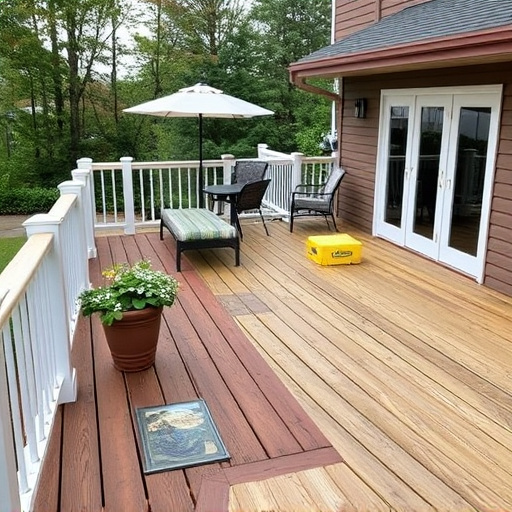
When selecting fastener options for deck framing, several key factors come into play to ensure structural integrity and long-lasting durability. The choice of fasteners is critical, especially in exterior applications where they must withstand varying weather conditions. First, consider the type of material you’ll be joining—wood, metal, or composite—as different materials require specific fastener types for optimal connection. For instance, galvanized or stainless steel screws are often preferred for outdoor wood framing due to their corrosion resistance.
Additionally, the size and length of fasteners should align with the joint’s demand for strength. Commercial roof consulting professionals often recommend using longer fasteners that penetrate deeper into the material, providing enhanced hold. This is particularly important in exterior home improvements, where decking is exposed to elements like rain and snow, which can weaken joints over time. Weather conditions also dictate the need for water-resistant or corrosion-proof fasteners, especially when framing near coastal areas with high moisture content.
When selecting fasteners for secure deck framing joints, understanding your project’s specific needs is key. By considering factors like material types, climate conditions, and desired structural integrity, you can choose among various options, ensuring a robust and durable deck structure. Opting for the right fasteners from the outset significantly enhances the overall strength and longevity of your deck framing.

